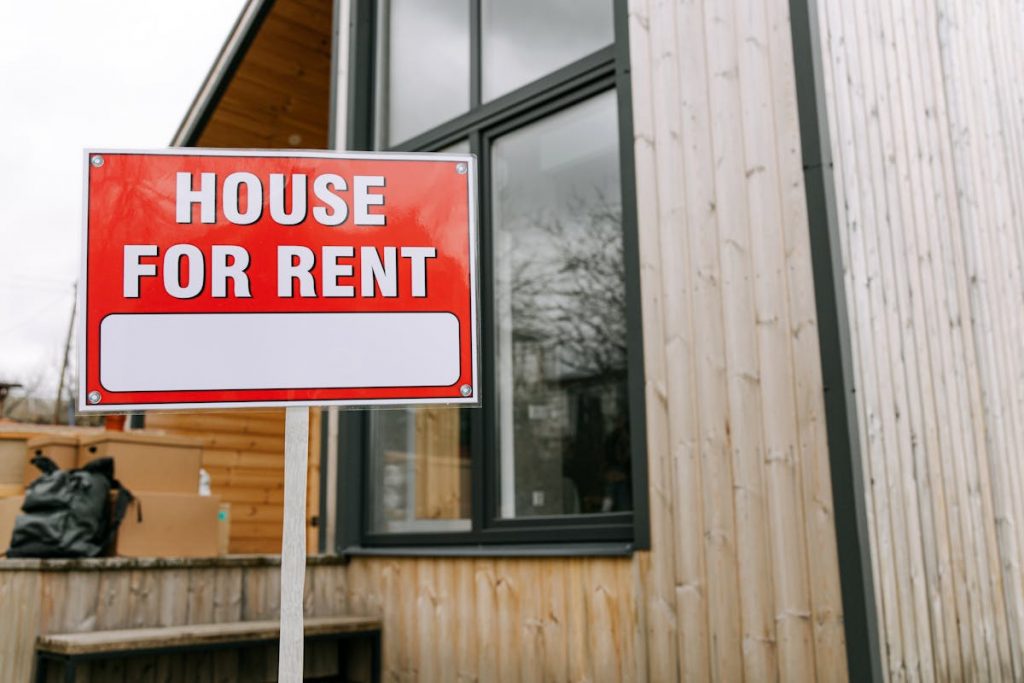- Conduct regular maintenance inspections to catch issues early and prevent costly repairs.
- Invest in energy-efficient upgrades to reduce utility bills and increase property value.
- Minimize vacancy rates with effective marketing and tenant retention strategies.
- Consider long-term financing options to lower mortgage payments and increase cash flow.
- Implement smart expense tracking to identify cost-saving opportunities and optimize budgeting.
Owning a rental property can be a lucrative investment, but managing it efficiently is key to maximizing your returns. From maintenance costs to vacancies, various expenses can eat into your profits if not managed wisely. However, with the right strategies, you can minimize expenses and boost your bottom line. This article will explore five essential tips to save money when managing a rental property, ensuring you get the most out of your investment.
1. Conduct Regular Maintenance Inspections
Importance of Regular Inspections
Regular maintenance inspections are crucial for identifying issues early on, preventing them from escalating into costly repairs. By conducting routine checks on your property, you can address minor maintenance issues before they become major headaches. From plumbing leaks to faulty electrical wiring, early detection can save you significant money in the long run.
DIY vs. Professional Maintenance
While DIY maintenance tasks can save money upfront, they may not always be the most cost-effective solution in the long term. In some cases, hiring a professional maintenance team can ensure that repairs are done correctly the first time, reducing the likelihood of recurring issues. Consider the complexity of the task and weigh the cost of hiring professionals against potential savings.

2. Invest in Energy-Efficient Upgrades
The Benefits of Energy-Efficient Upgrades
Investing in energy-efficient upgrades not only reduces utility bills but also enhances the value of your property. Simple upgrades such as installing LED light bulbs, programmable thermostats, and energy-efficient appliances can significantly lower energy consumption, saving you money on monthly expenses. Additionally, many utility companies offer rebates or incentives for implementing energy-saving measures.
Cost-Effective Energy-Efficient Solutions
When selecting energy-efficient upgrades, consider the return on investment (ROI) and prioritize upgrades that offer the most significant savings over time. Conduct an energy audit to identify areas where your property can improve its efficiency, such as insulation, windows, and HVAC systems. While upfront costs may be higher, the long-term savings make these investments worthwhile.
3. Minimize Vacancy Rates
Effective Marketing Strategies
Minimizing vacancy rates is essential for maximizing rental income and reducing turnover costs. Implementing effective marketing strategies, such as listing your property on multiple rental platforms and showcasing its unique features, can attract potential tenants quickly. Additionally, offering incentives such as discounted rent for long-term leases or referral bonuses can incentivize tenants to renew their leases, reducing turnover rates.
Tenant Retention Strategies
Maintaining positive relationships with tenants is key to minimizing turnover and vacancy rates. Addressing maintenance requests promptly, providing excellent customer service, and fostering a sense of community within the property can encourage tenants to renew their leases. Consider implementing loyalty programs or rewards for long-term tenants to incentivize them to stay.
4. Consider Long-Term Financing Options
Benefits of Long-Term Financing
Exploring long-term financing options can help reduce mortgage payments and increase cash flow. Refinancing your mortgage to secure a lower interest rate or extending the loan term can lower monthly payments, freeing up funds for other expenses or investments. Additionally, long-term financing provides stability and predictability, allowing for better financial planning.

Consultation with a Professional Rental Management Company
A professional rental management company can provide valuable insights and guidance on long-term financing options tailored to your specific needs and goals. From analyzing market trends to negotiating with lenders, their expertise can help you make informed decisions that align with your investment strategy. Consider consulting with a reputable management company to explore available financing options and maximize savings.
5. Implement Smart Expense Tracking
Importance of Expense Tracking
Tracking expenses diligently is essential for identifying areas where you can cut costs and improve profitability. Utilize accounting software or apps to categorize and monitor expenses related to maintenance, repairs, utilities, and vacancies. By maintaining accurate records, you can identify trends, track spending patterns, and make informed decisions to optimize your budget.
Budget Optimization Strategies
Analyzing expense data allows you to identify opportunities for cost savings and budget optimization. Look for areas where you can reduce spending without sacrificing quality, such as renegotiating service contracts or switching to more affordable vendors. Implementing a proactive approach to expense management can help you identify inefficiencies and maximize savings over time.
Managing a rental property efficiently requires careful planning and strategic decision-making to minimize expenses and maximize returns. By conducting regular maintenance inspections, investing in energy-efficient upgrades, minimizing vacancy rates, exploring long-term financing options, and implementing smart expense tracking, you can save money and optimize the profitability of your investment. With the right strategies in place, you can achieve long-term success and financial stability in the rental property market.



